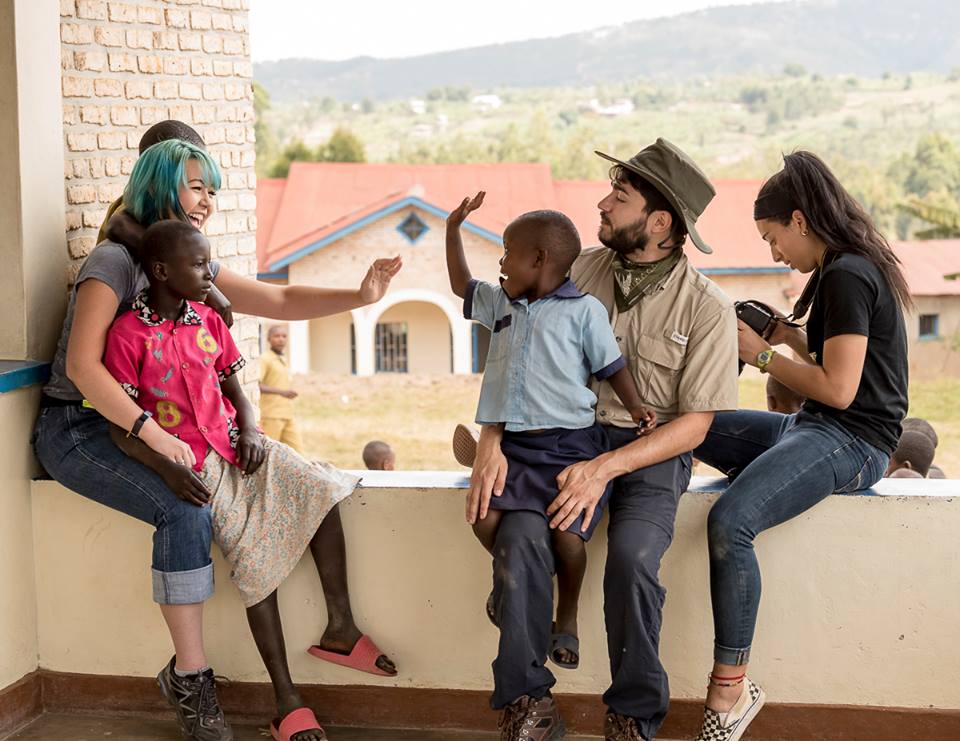The first thing that often comes into our minds when invited on a mission trip is: What will we be doing there? Oh no! I am the wrong person to ask. I have never done this before and I don’t think I know how to do anything that can be useful. We quickly associate our usefulness and qualification with what we know how to do. This is partly due to the fact that, the companies we work for value us based on what we do; not who we are. Understandably, how we feel about ourselves or how valuable we feel is based on what we can or cannot do. Living in the world of “doers” can quickly make us forget that God is more interested in “who we are” (our being) than in what we can do (our doing). Call me lazy but I kinda love going on a mission trip and do nothing. It gives me a warm feeling to finally realize that there is a place where I can focus on “being”; not on “doing” and still accepted?
Think about it. If it were about what we can do for our mission partners, going on a mission trip could hardly be financially and logistically justifiable. First of all, the monetary value of what we can accomplish in two weeks is far less than how much we can earn from our highly paying jobs. Secondary, there is not much you can do that will outweigh the time away from your friends and family. Thirdly, it can be more helpful to pay the local people who often need to job and can do it more effectively. Besides, they can do a follow up if anything goes wrong later.
I am not against doing things and building houses for the homeless but I am against making it a central focus of the mission. Doing things should only be a part of the fellowship with our local mission partners. I think it is totally OK to come back home from a mission trip without having built a house for a poor orphan or a widow. However, I think it defeats the purpose to come back without realizing that the poor woman or child who used to come by to say hi is a widow or an orphan. I think the mission trip should be an opportunity to grow our horizontal (interpersonal) relationships while deepening our vertical (with God) relationship.
Imagine that you have a son who has gone to college and achieved great things for himself. Due to his busy school schedule, unfortunately, he never got a chance to be close to your parents (his grandparents). In fact, they barely know him. Knowing about how much he can learn about you and life from them, you suggest that you and him go to spend few days with your parents. Will you be happy if your parents mailed you a to-do-list that you have to complete before you return home? Do you think that his grandparents will want him to spend all of the time working on every thing that they haven’t been able to get done around the house or will they want to spend time doing spontaneous things that help both of them to get to know each other better? Imagine how memorable and beautiful it would be if everything they did was a spontaneous result of their fellowship instead of a planed list of activities and duties.
God’s family is much bigger than our biological families, our churches and our countries. I believe that he introduces us to each other one at a time. He is not sending you on the mission trip so you meet all of their needs. He is sending you so you can meet “THEM”. So, do not allow “doing” things get in your way for “being” who he wants you to be with them. By getting to know your hosts and letting them get to know you, you will both learn something about God that none of you could have learned otherwise.
Related Posts:
Your only qualification for God’s mission is your obedience and trust
God’s mission is a two way street and it’s not just about them; It’s also about you.
Love them but do not emotionally and/or materially corrupt them.

